 2
2
The first organization of Czechs and Slovaks in Bulgaria has 130 years of history. According to historical records, back in the 80s of the XIX century, there were already about 100 Czechs in Sofia. At that time they did not have their organization yet and their gatherings were held in the brewery of the Prošek Brothers. Czechs and Slovaks actively participated in the "Slavyanska Beseda" club created at the end of the century. In November 1892, the community founded its Reading and Entertainment Association "Czech". Czech magazines and books began to be delivered; music, drama and singing clubs were created, and the need for a Czech school in Sofia was also discussed.
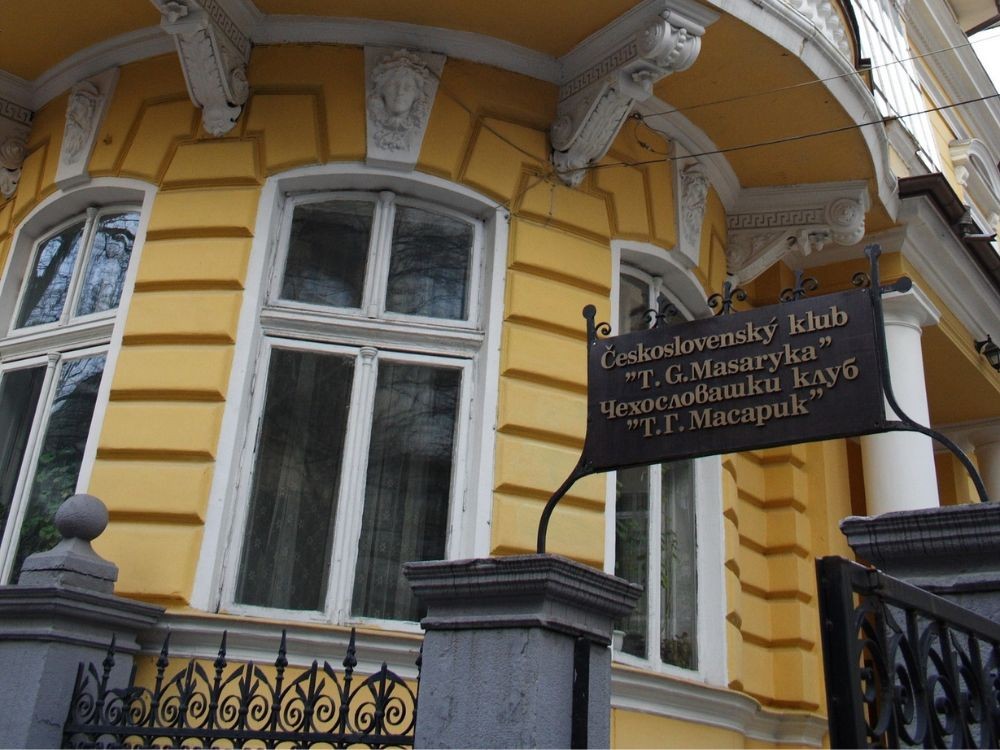
When Czechoslovakia was succeeded by two separate countries in 1993, this did not split the community in Bulgaria. The association continues to function as a general Czechoslovak club. The modern successor of the Czech Association is the Czechoslovak club "T.G. Masaryk". Today it has 209 members, most of them descendants of Czechs and Slovaks who settled in Bulgaria. They are highly educated people of various professions.
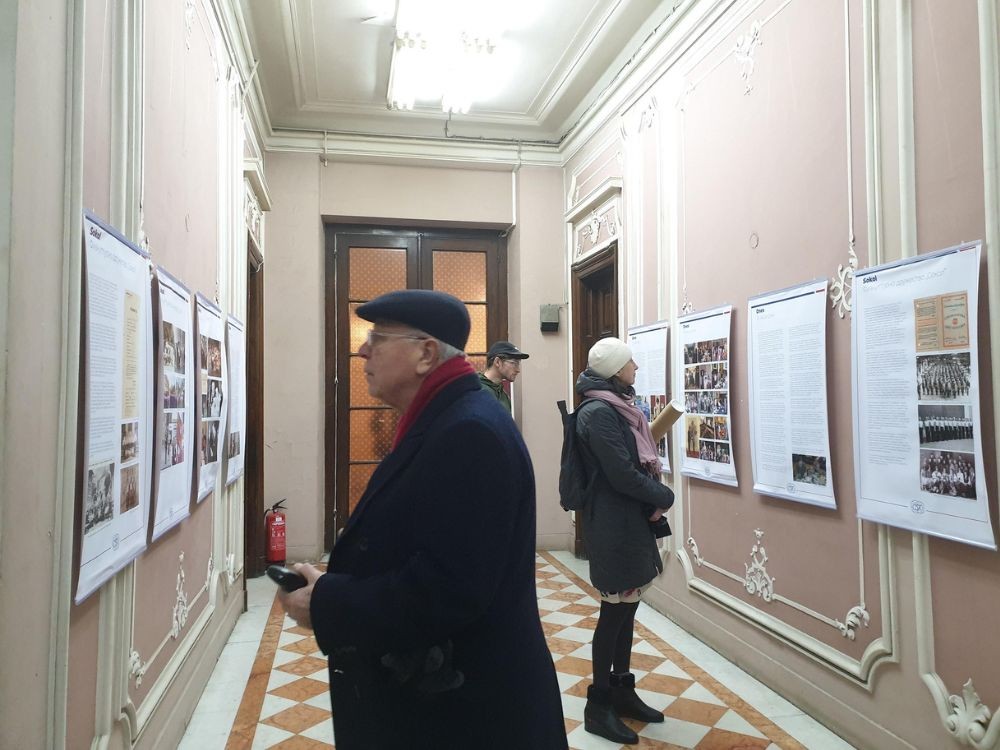
In connection with the 130th anniversary of the establishment of the organization of Czechs and Slovaks in Bulgaria, at the end of the past year a documentary exhibition was arranged, tracing significant events from the history of the club. It was organized with the support of the Ministry of Foreign Affairs of the Czech Republic and the Institute of Ethnology and Folklore with an ethnographic museum at the Bulgarian Academy of Sciences was the host of the event.
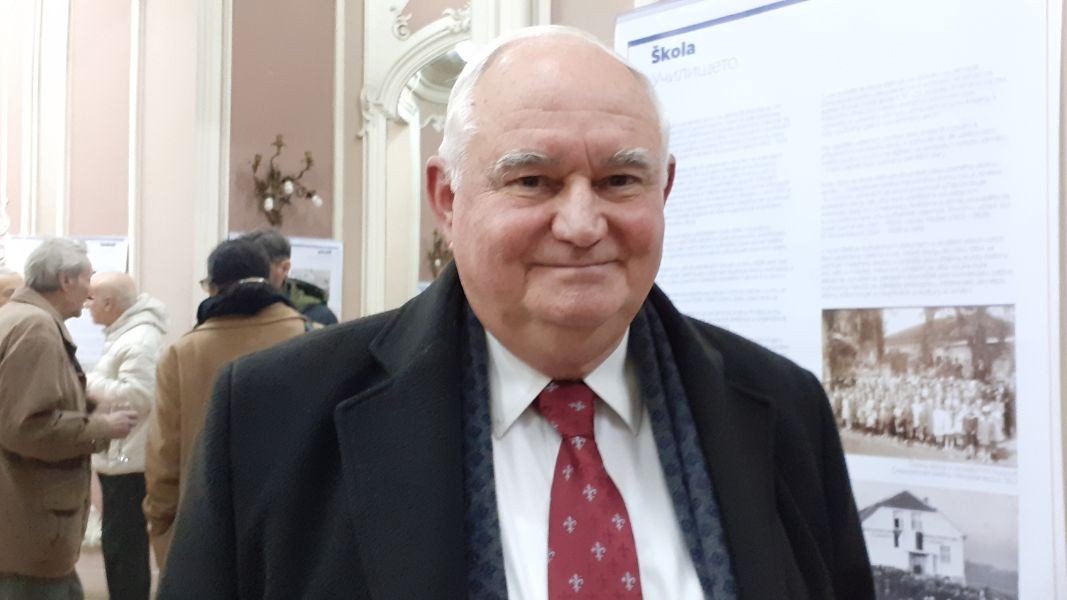
"The Czechoslovak club is one of the oldest clubs of Czechs and Slovaks living around the world," chairman, Eng. Emil Todorov, says and adds:
"The first Czechs and Slovaks came to Bulgaria in the 19th century because the young country needed qualified personnel trained in elite European universities. Guided by the ideas of Pan-Slavism, which at that time was very strong, many scientists, engineers, industrialists, farmers, etc. arrived in Bulgaria. They established a big community. The need to gather and maintain their cultural habits and traditions emerged and in 1892 ten people founded the organization. A group of leading personalities decided that they should have their own headquarters and donations were collected. A building was purchased and in 1925 after reconstruction the club was opened."
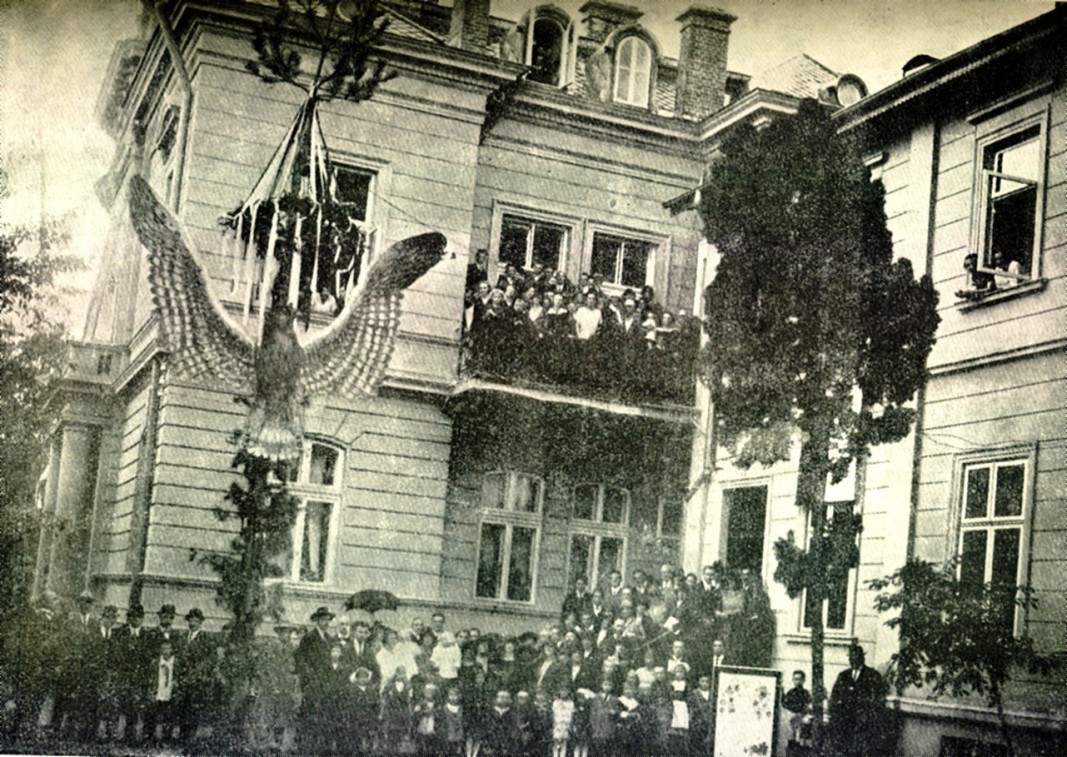
The building is the work of an Austrian architect and it has preserved its authentic appearance to this day. Only the third floor was repaired, as it was heavily damaged during the bombing of Sofia. There is a restaurant on the first floor and a movie theater on the second. A school was housed there until 1948. There was a theater and a singing club, too. It is an interesting fact that the third puppet theater in the world established after those in Chicago and Belgrade, originated here. The year was 1943, when the first puppet theater in Sofia opened its doors in the club.

The building of the club in the Bulgarian capital has become an inspiration for a young Bulgarian woman who recently returned to her home country. Bozhana Katsarova managed to transforms a neglected hall for celebrations in the Czechoslovak Club in Sofia beyond recognition:
"The idea was born last year when I was just coming home from the USA and everything here was frozen and unpleasant,” Bozhana tells us. “Then I saw that the hall on the third floor was being rented out. I knew that Sofia lacked a club that is not just a restaurant or a bar, but a place where people could gather, exchange thoughts and meet new people in an environment that creates the feeling that you are not in a gray country. As a compliment to the Czech club that gave us the hall, we decided to keep its old name ‘Klubovna’. We only changed the interior, but the name remained the same. During the holidays we had many requests for private and corporate gatherings. We are also launching a DJ workshop. There will be culinary workshops, which will be led by me and a highly qualified master chef. Of course, people can come every day and see what we have prepared, have a drink and check the club atmosphere.”
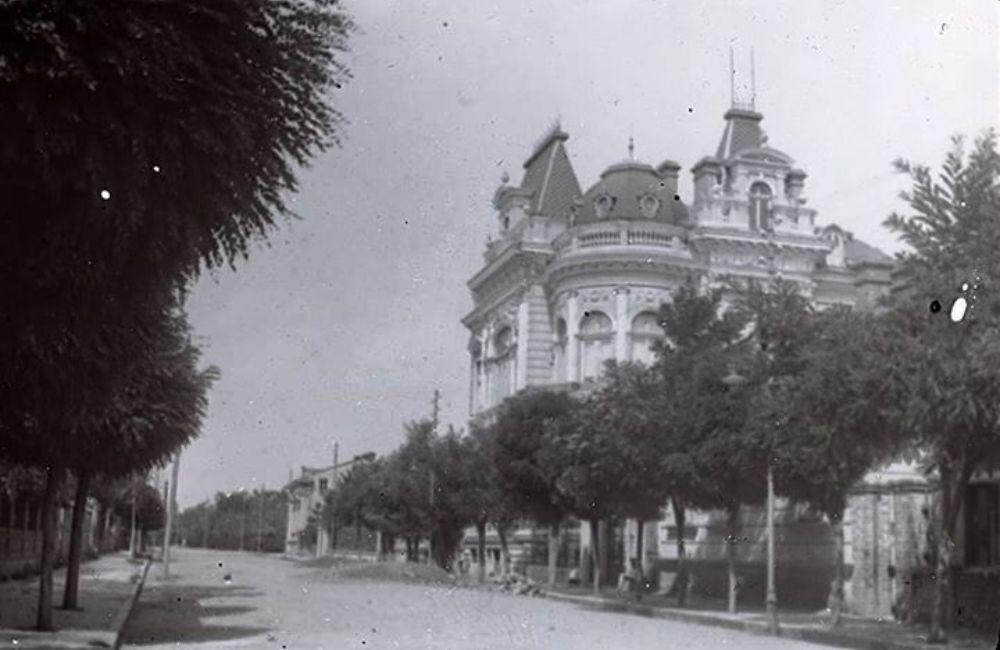
On 26 and 27 April, Sevlievo in Central Bulgaria is hosting the festival “Seme Balgarsko ”. For its 11 th edition, the organizers have a colourful traditional lineup. “The festival will enable visitors to meet manufacturers of Bulgarian..
The group cycling tour along the tourist route of the Black Sea Route Epic Tour 2025 started today . According to the extreme sports website 360mag.bg, a group of more than 30 cyclists will spend ten days riding along coastal paths through forests,..
Cambridge Day 2025 - one of the leading events for English language teachers in Southeast Europe - takes place today at the Balkan Hotel in Sofia. For the 19th consecutive year, the conference, organised by Klett Bulgaria Publishing, gathers experts and..

+359 2 9336 661
